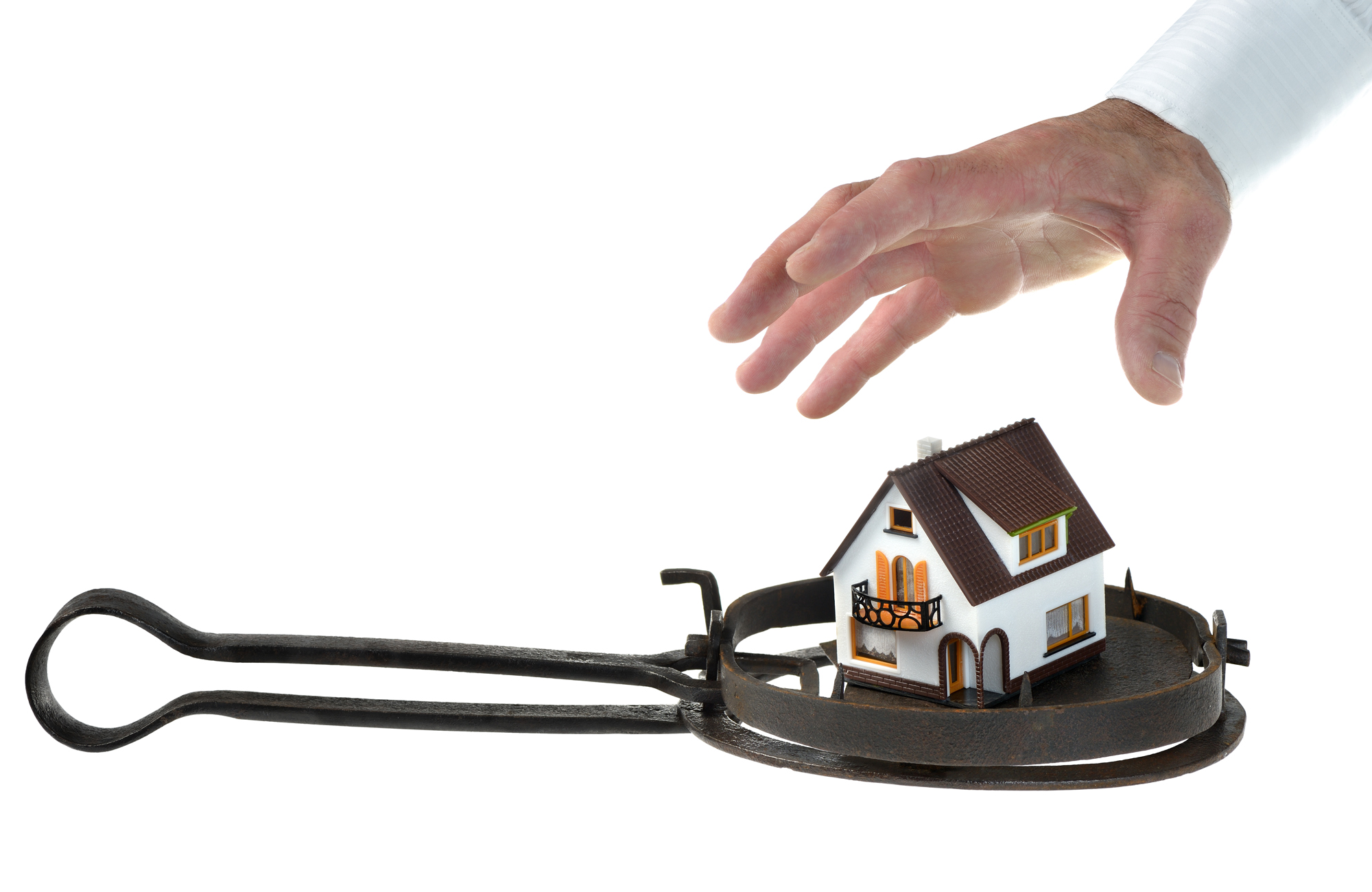Inheriting a house in Ft. Worth can feel like both a gift and a challenge. On one hand, it’s a special opportunity to hold onto a piece of family history or gain valuable property. On the other, it brings responsibilities and decisions that might feel overwhelming.
Let’s look at the probate process, tax considerations, how to handle the property deed transfer, and the importance of an executor. You can then make a more informed decision on whether you want to keep the house or consider selling it.

Understanding the probate process in Ft. Worth
Inheriting a house in Ft. Worth comes with a mix of emotions and tasks, and one of the first things you’ll need to handle is the probate process. Probate is the legal journey that ensures everything is taken care of with your loved one’s estate. Let’s walk through what you can expect, step by step.
- Initiating probate: The process begins when the deceased’s will is given to the Tarrant County probate court. If there’s no will, don’t worry—the court will decide the rightful heirs based on state laws.
- Executor appointment: The court will appoint an executor, usually named in the will, or an administrator if there isn’t one. This person handles managing the estate, including the inherited house.
- Validation of the will: The court will then confirm the will, making sure it’s authentic and follows all legal requirements.
- Inventory and appraisal: The executor will create a detailed list of all assets, including the house. They’ll have the house appraised to figure out its fair market value, which is an important step in the process.
- Debt settlement: Before any assets can be distributed, all debts and taxes related to the estate must be settled. This might include mortgage payments, property taxes, and other obligations tied to the inherited house.
- Distribution of assets: Once everything is squared away, the remaining assets—including the house—are distributed to the heirs according to the will or state law.
This process can seem complex, but understanding each step can make it much more manageable. Remember, you don’t have to navigate this alone—there are resources and professionals who can help guide you through each phase with care and support. In many cases, it’s advisable to hire an attorney for guidance.
Possible tax issues or costs of inheriting a house
Inheriting a house in Ft. Worth can mean paying taxes and other costs. Let’s look at these so you can feel confident about what to expect.
- Property tax: As the new homeowner, you’ll handle paying property taxes. If there are any outstanding taxes, it’s important to settle them promptly to avoid any penalties.
- Inheritance tax: The good news is that Texas doesn’t impose an inheritance tax. However, if the property is in another state that does have this tax, you might need to pay it.
- Capital gains exclusion tax: If you decide to sell the inherited house, you might be subject to capital gains tax. This tax is based on the difference between the property’s value when you inherited it and the price you sell it for. Texas offers a helpful “stepped-up basis,” which means the property’s value is considered as of the date of inheritance, potentially reducing the taxable amount. If you decide to sell the inherited house, this is one reason to sell it quickly.
- Maintenance costs: Don’t forget about ongoing costs like utilities, repairs, and homeowners insurance, especially if the house is unoccupied. These are important to keep in mind to ensure the property stays in good shape.
Navigating these costs and taxes might seem overwhelming, but with a bit of guidance and careful planning, you’ll be able to manage everything smoothly. Your lawyer can walk you through it.
How to transfer a property deed from a deceased relative
Transferring a property deed after inheriting a home from a loved one is an important step in completing the inheritance. Here’s how you can transfer a property deed in Ft. Worth:
- Obtain the death certificate: The first step is to get an official death certificate. This document is essential to start the deed transfer process. In Fort Worth, go to the Tarrant County Plaza Building at 200 Taylor Street, 3rd floor west entrance, between 8am and 5pm. A valid, government-issued photo ID is needed. The funeral home has to file the record with the Vital Records office before you can obtain the death certificate.
- Get a copy of the will: If there’s a will, make sure you have a copy that names you as an heir. This will help ensure everything is handled according to your loved one’s wishes.
- File for probate: You’ll need to give the will to the probate court to begin the legal process of transferring ownership. This step helps ensure everything is done properly and follows the law.
- Executor’s role: The executor, who handles managing the estate, will handle the necessary paperwork to transfer the deed. They’ll need to obtain a court order that authorizes the transfer of the property to the heirs.
- Prepare a new deed: Once the court gives its approval, a new deed must be prepared, listing the inheritors as the new owners. This deed is then recorded with the county recorder’s office in Ft. Worth, making it official.
- Title insurance: It’s a good idea to obtain title insurance to protect against any potential disputes or claims on the property. This can give you peace of mind as you move forward.
Do all heirs have to agree to sell a property in Ft. Worth?
When multiple heirs inherit a property, finding common ground is important. Here’s what you need to know:
- Unanimous agreement: Ideally, all heirs should agree on what to do with the property. Disagreements can lead to delays or make the process more complicated, so open and honest communication is key.
- Court intervention: If reaching an agreement proves difficult, the situation might need to be resolved in court. A judge can step in to decide the best course of action, which could include ordering the sale of the property. While this isn’t the ideal path, it’s sometimes necessary.
- Negotiation and mediation: If you’re facing disagreements, consider seeking mediation. A neutral third party can help resolve conflicts and guide everyone toward an amicable agreement, often avoiding the need for court intervention.
Handling an inherited property with multiple heirs can be challenging, but with patience and the right approach, it’s possible to reach a solution that works for everyone.
How long does an executor have to sell a house?
The timeline for an executor to sell an inherited house varies based on several factors:
- State laws: Texas doesn’t have a strict deadline, but the executor is expected to act in a timely manner.
- Estate complexity: The complexity of the estate can affect how long the process takes. Clearing debts, addressing tax issues, and handling disputes can extend the timeline.
- Market conditions: Real estate market conditions can influence how quickly the house sells. The executor should aim to sell at a time that maximizes the estate’s value.
- Court oversight: The probate court oversees the executor’s actions to ensure that they act in the best interest of the estate and its heirs. Any delays should be justified to the court.
What to do if you can’t or don’t want to keep the inherited house
If living in or keeping the house isn’t practical, especially if you’re out of state, selling your inherited house can be a smart and stress-free option. Start by assessing the house’s condition and its market value. Decide whether it’s worth making any repairs or if selling the house “as is” might be the better route.
Consider your selling options:
- Real estate agent: Hiring a real estate agent can help you secure a higher price for the house, but you’ll need to handle any necessary repairs and pay commission fees.
- For sale by owner (FSBO): Selling the house yourself can save you from paying commissions, but it requires more time, effort, and real estate know-how.
- iBuyer: If you’re looking for a quick and hassle-free sale, an iBuyer might be a good choice. They typically buy houses “as is,” though you’ll likely get a lower price, and they often charge multiple fees.
- Off-market home buyer: Companies like We Buy Ugly Houses® specialize in purchasing homes quickly and in their current condition, typically for below market value. This option is ideal if you want to sell the house without worrying about repairs or lengthy processes.
Why choose We Buy Ugly Houses®
We Buy Ugly Houses is a direct-sale home buyer that provides a straightforward and speedy process. We’ll provide you with a fast, convenient offer and take care of all the paperwork, so you don’t have to worry about a thing. There’s no need to stress over repairs, renovations, or even cleaning—we handle everything, including any items you may want to leave behind. Many of our sellers appreciate our expertise and attention to detail, resulting in glowing seller reviews. Plus, there are no commissions or hidden fees, and we cover typical closing costs. Our offers are typically discounted below market value in exchange for speed and convenience.
If you are considering selling your inherited house, simply contact us for a free, no-obligation consultation. One of our friendly Fort Worth property buyers will meet you at your house, take a tour, and answer your questions. We can sometimes give you an offer the same day. If you accept the offer, you’re on your way to a speedy closing—potentially in as little as 3 weeks. If you need more time, we’ll work hard to try to arrange that.
Reach out to us today to learn more about how we can help with your inherited house.
This blog is for informational purposes only and should not be considered legal advice.















